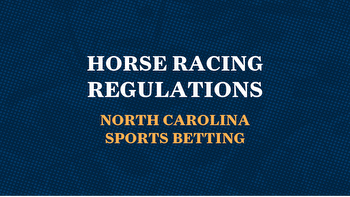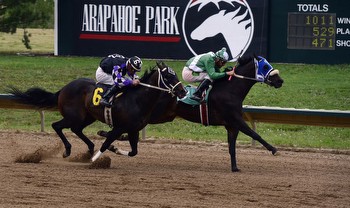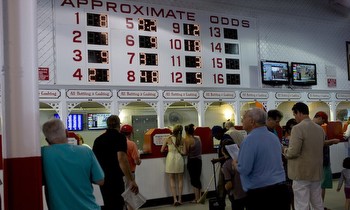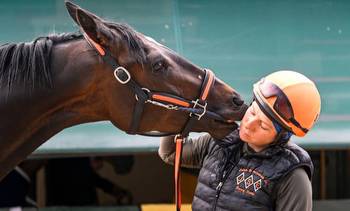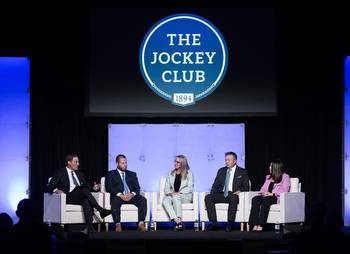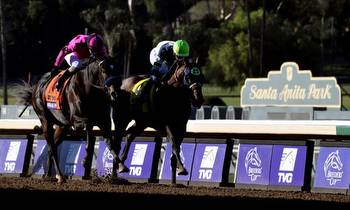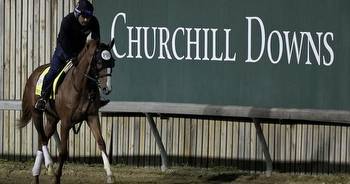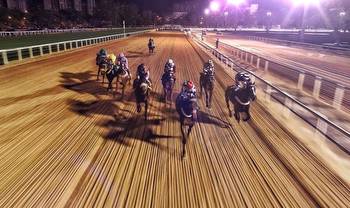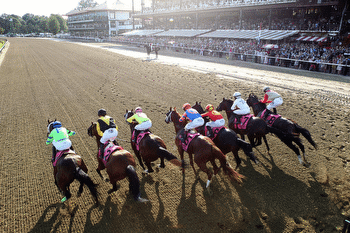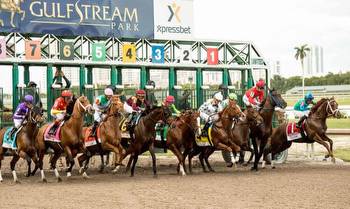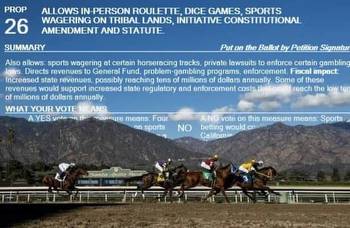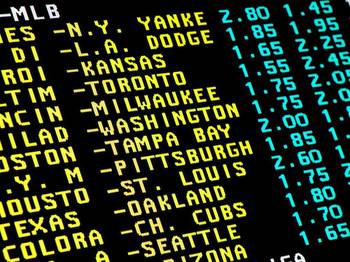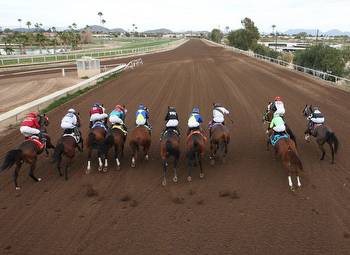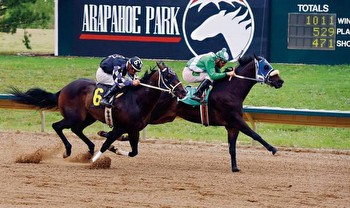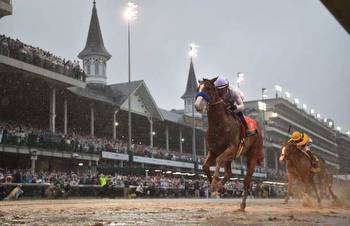Is Computer-Assisted Horse Wagering Getting Out of Hand?
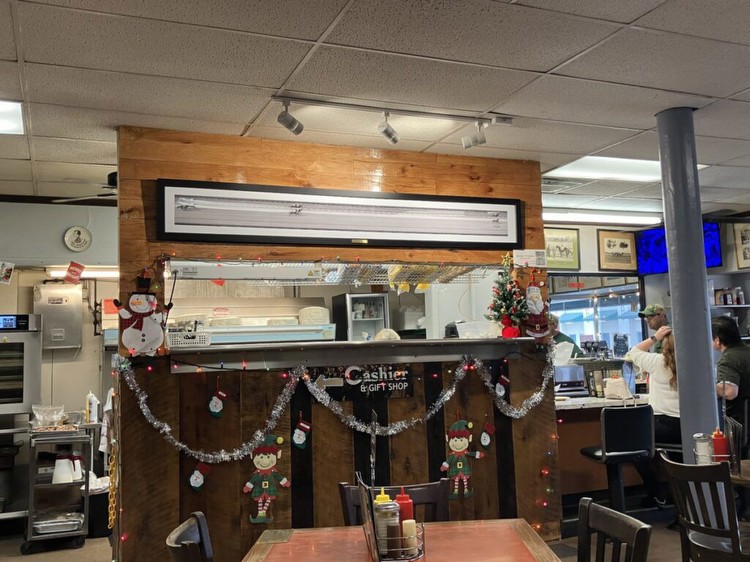
Across the street from Churchill Downs sits a century-old cafe and tack shop called Wagner’s Pharmacy, which sells horse liniment, used horseshoes, and thick milkshakes — and every sandwich comes with a side of ridged potato chips.
The walls of Wagner’s are adorned with photos of past Kentucky Derby winners, and whenever possible, there’s live horse racing on TV — from maiden claimers to graded stakes. Near the counter, above the service window, there’s a long, rectangular photograph of Secretariat’s epic margin of victory in the Belmont Stakes, and the solo-commode cans signify their gender preference with the terms “fillies” and “colts.”
The Kentucky Derby Museum is a stone’s throw away, and it’s certainly worth a visit. But there’s more twin-spired history within Wagner’s than there ever will be there.
Outside Wagner’s, the world progresses. Up the clubhouse escalator at the cavernous racetrack across the street, a sportsbook now shares space with the simulcast parlor, the result of Kentucky having recently launched legal sports betting. But aside from a few dozen gentlemen who enjoy the camaraderie of tearing up tickets and bouncing strategies off one another, physical attendance is sparse. It’s just too easy to use a betting app these days.
Horse racing is often regarded as a sport that’s been left behind in a lot of ways, but that simply isn’t the case when taking into account high-frequency horse betting syndicates that operate more like Wall Street brokerages than grandstand sharps. These syndicates have become so prominent, liquid, and successful that separate online wagering platforms have been set up to accommodate them by the likes of Monarch Content Management and the New York Racing Association (NYRA).
As with the emergence of artificial intelligence in everyday life, the horse racing industry hasn’t decided how forcefully to rein in this computer-assisted wagering (CAW) constituency, a topic that took center stage last week at the University of Arizona’s Global Symposium on Racing.
‘Somebody’s going to win’
The argument against uninhibited CAW play is essentially twofold. One is that their models are so good that the recreational player doesn’t stand a chance of getting a fair slice of the pie in a given parimutuel pool. Another is that CAW play leads to the type of wild odds swings right before a race that tend to intimidate or turn off less sophisticated bettors.
“People who look at these professional players and say, ‘They’re winning more than their fair share,’ that’s correct,” said Joe Wilson, Parx Racing’s chief operating officer. “I think if you removed all these players from these pools, there would be a different set of players who are taking more than their fair share.”
“There’s certainly a legitimate debate to be had about CAW or professional play,” added Scott Daruty, president of Monarch Content Management. “I happen to think it’s an important part of the wagering ecosystem. I hear a lot of criticism, some of which is valid. Frankly, I also hear a lot of nonsense.
“If you want these players limited in pools, the question is why? If it’s because they’re winning, we have a problem, because somebody’s going to win. By removing these players from the pool, you don’t necessarily put the money in a retail player’s pocket. You put the money in a different elite player’s pocket.”
Daruty pointed out that France limits CAW — or professional — play to 11% of its tracks’ pools. Daruty thinks that’s too restrictive, but he allowed that “everybody has got to make their own decisions.”
Pat Cummings, the executive director of the National Thoroughbred Alliance and a supporter of professional pool limits, lamented that the “public is getting crushed” in certain pools — particularly in jackpot novelties with mandatory payouts. But for as critical as Cummings can be of the U.S. market’s laissez faire treatment of CAW players, he ultimately concluded, “We need more CAW players to enliven the marketplace.”
Separate pools for retail players?
“Show me an inefficient market, and I will show you people who will try to exploit that inefficiency,” said Cummings, raising the example of a state fair race in Fresno, California, that featured a wildly disproportionate flood of CAW handle.
Basically, if there’s peculiar pricing in any betting pool at any backwater track in America, it will ignite into a very bright flame that’s instantly identifiable to the CAW moths.
“These groups are investing millions in R&D and tech,” said Joe Longo, general manager of NYRA Content Management Systems. “They should be better than me opening up a Racing Form. They should be kicking my teeth.”
Turning toward a solution that might level the playing field, Longo then said, “There’s nothing wrong with having a separate pool for retail players.”
In the same vein, Cummings raised the oft-discussed, scarcely implemented option of fixed-odds horse wagering as a means to attract sports bettors who aren’t keen on parimutuel prices that can fluctuate until the last second.
“Fixed odds might not be the answer, but if fixed odds isn’t the answer, then fix the parimutuel space,” he said.
Then again, Cummings added that the peer-to-peer, unrestricted nature of parimutuel wagering might make it an attractive alternative for computer-aided whales who’ve grown tired of getting limited by domestic sportsbooks.
In short, let the pros duke it out among themselves, and give the guys with the pencils and past performances their own pools to play in. There’s a way for everyone to win here.

